There are major benefits to taking your learning out of the classroom and into real-world settings, away from purely theoretical studies. It’s important to practice what you've learnt in organised work placements to help solidify your understanding of certain topics.
The benefits of organised placement go further than assisting learning, however, and can be beneficial in a number of ways, as outlined below:
1. LEARNING NEW SKILLS
There is only so far that online or classroom learning can take you when it comes to gaining new skills. When on a work placement, you’ll learn and be able to implement new skills such as effective communication, teamwork, planning, timekeeping and organisation. These new skills will help to build your confidence in the workplace for both your placement and when you start a new job and can act as an important foundation going forward.
2. APPLICATION OF ACADEMIC LEARNING
Work experience offers the opportunity of applying subject specific theoretical knowledge to a real-life situation. You’ll be able to test the skills you learnt in textbooks and discussions and see how they’re best applied to real world scenarios. Are they more challenging than you expected? Are you able to expand upon what you’ve learnt for a more desirable outcome?
3. COMMUNICATION AND PROBLEM SOLVING
Some of the most important workplace skills come down to the basics of communication and problem solving. Each day on placement you’re likely to face new challenges that your studies weren’t able to prepare you for and you’ll learn how to think on your feet, think outside the box, communicate effectively and work both by yourself and as part of a wider team to solve complex problems.
4. IMPROVE EMPLOYABILITY
At the end of the day, your goal for your studies and work placement should be to improve your employability. This doesn’t just apply for those new to the workforce, but also those who are looking to upskill and earn promotions.
When undertaking a work placement, the additional skills you learn on the job can be extremely beneficial when updating or writing your CV. It will also indicate to future employers that you are eager and willing to learn new skills, may give you an edge over other candidates and can be talking points for interviews.
It’s also beneficial while on placement to keep a record of what you’ve learnt and how you’ve applied your studies to real life situations, as you may find that going forward you’ll need to reference past experiences and may be able to build upon them when completing your studies and entering the workplace.

